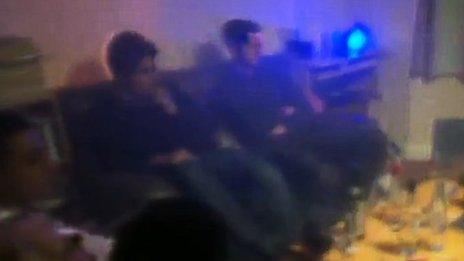Oxford grooming: 'No hiding' from authorities' failures
- Published
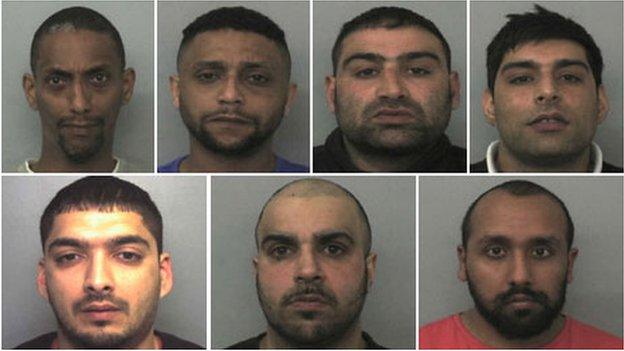
A gang of seven men drugged girls from Oxford and took them to towns and cities to be raped
There is "no hiding" from the failures of authorities in Oxfordshire where young girls were groomed, a retired detective has told the BBC.
Police and social services are expected to be heavily criticised later when the scale of sexual exploitation is revealed in a serious case review.
Seven men were jailed in 2013 for abusing girls between 2004 and 2012.
Lead investigator Det Ch Insp Simon Morton said police "completely let the girls down".
The Guardian newspaper has reported, external the review will reveal there were more than 300 victims targeted by gangs of men.
It comes after reports into other high-profile abuse scandals, including in Rotherham where it was reported 1,400 children were abused between 1997 and 2013.
Victim: "I was scared to say no"
Mr Morton, who led the Thames Valley Police investigation into the Oxfordshire cases, said the authorities had let the girls down for years before legal action was finally taken.
"In some aspects, calls for help were ignored," said Mr Morton, who has since retired from the force.
He said that some victims had been reported missing hundreds of times and confirmed that local agencies had thousands of contacts with them before charges were brought.
Mr Morton added: "I don't think any of the agencies knew what to do."
He told Newsnight that an internal police review carried out in addition to the serious case review had been "brutal".
"There is no hiding, there is no explanation for the victims. And the review has identified many areas that the authorities were weak in," he added.
The Oxford abuse was uncovered during an inquiry by police known as Operation Bullfinch.
Jurors at the Old Bailey trial of the gang of men heard how six girls, aged at the time between 11 and 15, were plied with alcohol and drugs before being forced to perform sex acts. Some were beaten and burned.
One victim was forced to have an illegal back-room abortion when she was 12 after falling pregnant at the hands of one of her abusers.
The men - two of east African origin and five of Pakistani origin - identified vulnerable girls for abuse and then groomed each one of them until they were under their control.
The girls were then each either abused by the men themselves, given to the men's friends or offered at a price to others who were not on trial.
The victims were mostly chosen because their unsettled or troubled lives made them easier to manipulate.
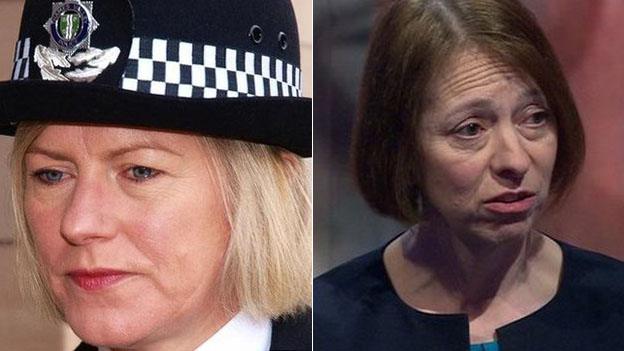
Chief Constable Sara Thronton is leaving the force while council chief executive Joanna Simons may be made redundant
After the case concluded, Oxfordshire County Council social services and the police apologised for not acting sooner.
The chief executive of the county council Joanna Simons resisted calls to resign at the time but may be out of a job this summer after proposals were voted through to axe the £250,000 per year post as part of savings.
Although council leader Ian Hudspeth has since admitted he may have been "hasty" and was now reviewing the decision.
After the trial, NSPCC chief executive Peter Wanless said there had been a "systematic failure" by the local authority to stop the gang earlier and protect the victims, who had raised the alarm on several occasions.
Chief Constable Sara Thornton of Thames Valley Police is leaving her role to become chair of the National Police Chiefs' Council from April.
Her force was criticised for not starting a joint investigation until 2011, despite earlier complaints from victims including one in 2006.
The findings of the serious case review, which was conducted by the Oxfordshire Safeguarding Children Board, will be published at 11:00 GMT on Tuesday and will look into the role of the authorities.
- Published14 May 2014
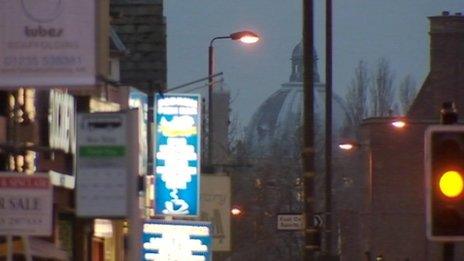
- Published27 June 2013
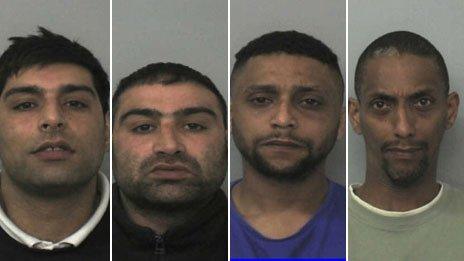
- Published16 May 2013
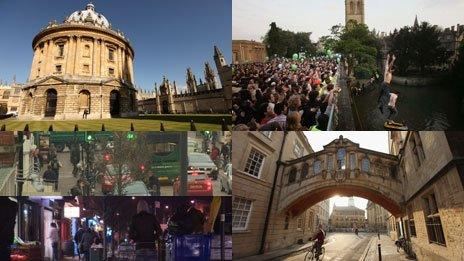
- Published15 May 2013
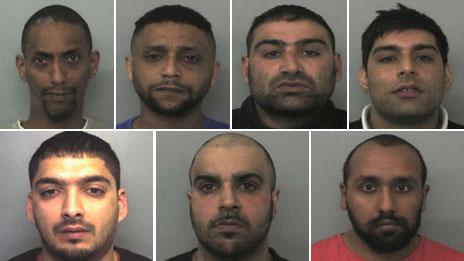
- Published15 May 2013

- Published14 May 2013
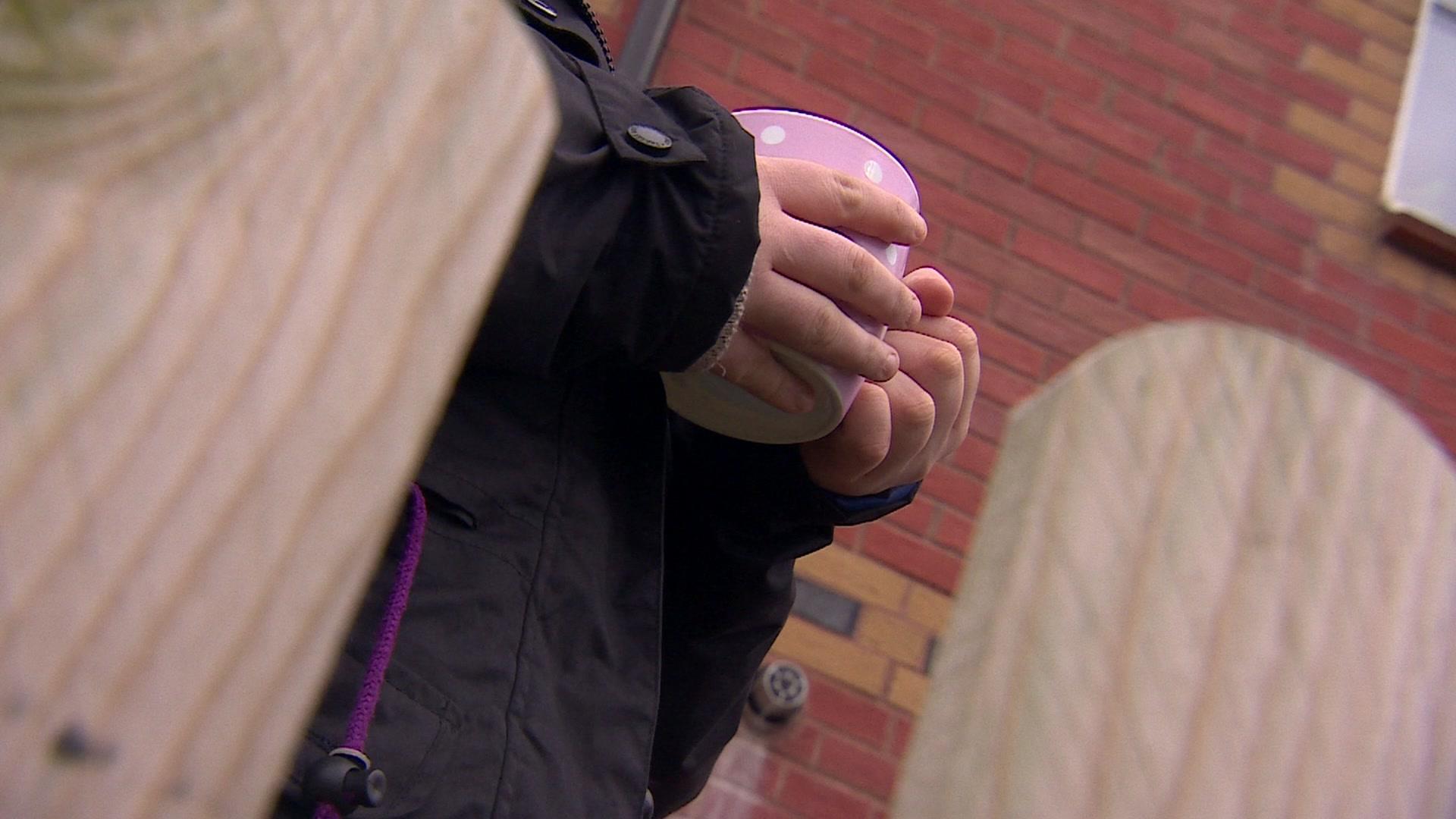
- Published14 May 2013
